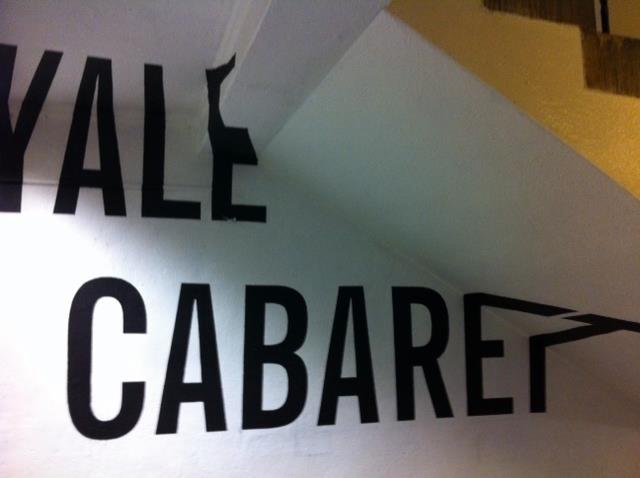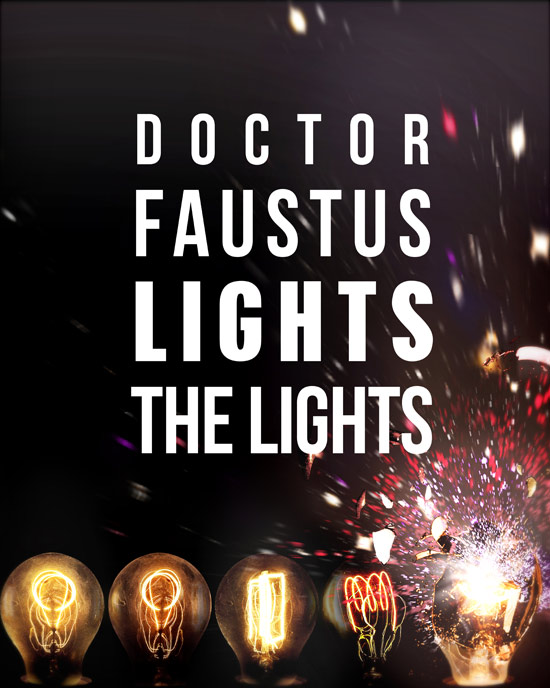Preview: Contemporary American Voices Festival, Long Wharf Theatre, October 20-22, 2017
In its third year, the Contemporary American Voices Festival at the Long Wharf Theatre is a growing event and one of the more welcome local theater presentations. It showcases new work, most often plays that haven’t received full productions or which are undergoing further work. The dramatic readings, with each play matched to a director who is often already an admirer of the play, let audiences in on the process of how plays develop.
Long Wharf Literary Manager Christine Scarfuto chooses the plays for presentation and sees the Festival as a helpful event both for playwrights and for the Long Wharf, contributing to the theater’s reputation for new work and giving younger playwrights greater visibility.
“New work is the lifeblood of the theater. It’s what keeps the art form vital and alive. And how better to support new work than to give opportunities to today’s most exciting young writers?” Scarfuto said. She reads 100-150 new plays to find the three that will be presented on Long Wharf’s Stage II, this Friday through Sunday.
In selecting the plays, Scarfuto draws on a network of literary managers and playwrights. Key to her consideration is “where the plays are at.” Some may be programmed for future productions, some may be brand new, with no production yet scheduled, others may have had a production but are in search of an opportunity to revisit the script. Several of the plays featured during the first two festivals have gone onto to award-winning productions. In general, as Scarfuto put it, “the plays are really in good shape, almost ready for production.” The Long Wharf festival gives them an important opportunity to let audiences into the room.
The schedule this year is:
Passage, by Christopher Chen, directed by Saheem Ali, on Friday, October 20, at 7 p.m.
Poor Edward, by Jonathan Payne, directed by Tyne Rafaeli, on Saturday, October 21, at 7 p.m.
All the Roads Home, by Jen Silverman, directed by Lee Sunday Evans, on Sunday, October 22, at 3 p.m.
Christopher Chen, Scarfuto said, is the author of one her favorite newer plays. Caught, which was included in the 2016-17 season at the Yale Cabaret, is a “really smart” play that asks some probing questions about art and politics in the globalized world. In Passage, Chen’s play at this year’s Festival, seven actors take on twelve roles. The play adapts elements of E. M. Forster’s 1924 novel A Passage to India for “a new view of colonialism,” Scarfuto said. Set in “two imagined countries” in order to undermine “preconceived notions,” the play, Scarfuto said “is really about perceptions and prejudice.”
Christopher Chen’s plays include The Hundred Flowers Project (The Glickman Award and Rella Lossy Award), The Late Wedding, Mutt, Caught (The Obie Award and The Barrymore Award) and You Mean To Do Me Harm. Other honors include the Lanford Wilson Award; the Sundance Institute/Time Warner Fellowship; and the Paula Vogel Playwriting Award. A San Francisco native, Chen is a graduate of U.C. Berkeley, and holds an M.F.A. in play-writing from San Francisco State. He is currently resident playwright at Crowded Fire Theatre Company.
Jonathan Payne is a playwright Scarfuto has known for a while through friends. Currently a student at Julliard, Payne works with the homeless as a social worker in New York city. His play at this year’s Festival, Poor Edward, follows the fortunes of Opal and Eddie, two homeless persons who share a hovel in a homeless community that is about to be bull-dozed. Scarfuto described the two-person play as “dark and funny,” combining elements of some of Scarfuto’s favorite playwrights: Suzan-Lori Parks, Edward Albee, and Samuel Beckett. Payne, Scarfuto said, has “a really exciting imagination” and his play adapts a Czech fairytale about a tree root into a story about contemporary social issues.
Jonathan Payne's work has been produced and developed at the Tristan Bates Theatre (UK), Ars Nova, Fringe Festival NYC, The Bushwick Star, and the Fire This Time Festival. He has been a fellow at New Dramatists, Playwrights Realm and The Dramatist Guild, as well as an Ars Nova Play Group member 2014-15. Awards include the Princess Grace Award (2015), Holland New Voices Award (2014), Rosa Parks Award (2011), John Cauble Short Play Award (2002). He holds a BA from the GSA Conservatoire (UK) and an MFA in Playwriting from Tisch School of the Arts, and now attends the Lila Acheson Wallace American Playwrights Program at the Juilliard School.
Jen Silverman’s The Moors, at the Yale Repertory Theatre in 2016, showed a striking ear in its dialogue and visited a revisionist sense of the Gothic story on the situation of women across class and education and erotic inclination. All the Roads Home considers the legacy of parent to child across three generations of “headstrong women,” from the 1930s to the present. Scarfuto called the play “moving, poignant, and heart-warming” with the “off-beat comedic tone” that made The Moors so successful. The play, which includes live music with two guitars, addresses sacrifice, the influence of the past, and “fighting for your dreams.”
Jen Silverman’s theater work includes The Moors (Yale Rep premiere, off-Broadway with The Playwrights Realm, Susan Smith Blackburn finalist); The Roommate (Actor’s Theatre of Louisville premiere, produced across the U.S. including South Coast Rep, Williamstown Theatre Festival and upcoming at Steppenwolf); and Collective Rage: A Play in 5 Betties (Woolly Mammoth premiere). She is a member of New Dramatists, an affiliated artist with the Playwrights Center and SPACE on Ryder Farm, and is a two-time MacDowell fellow, recipient of an NYFA grant, the Helen Merrill Award, the Yale Drama Series Award, and the 2016-2017 Playwrights of New York fellowship. She was educated at Brown, Iowa Playwrights Workshop, and Juilliard.
Tickets are $10 for each play, or all three readings for $25. Reservations can be made by calling 203-787-4282 or visiting longwharf.org. There will be a happy hour with half-priced drinks an hour before the beginning of each reading, and a Talk Back after each reading, with the respective playwright.
The festival is sponsored by the Burry Fredrik Foundation, Helen Kauder and Barry Nalebuff, and the National Endowment for the Arts.
Contemporary American Voices Festival
Long Wharf Theatre
October 20-22, 2017















